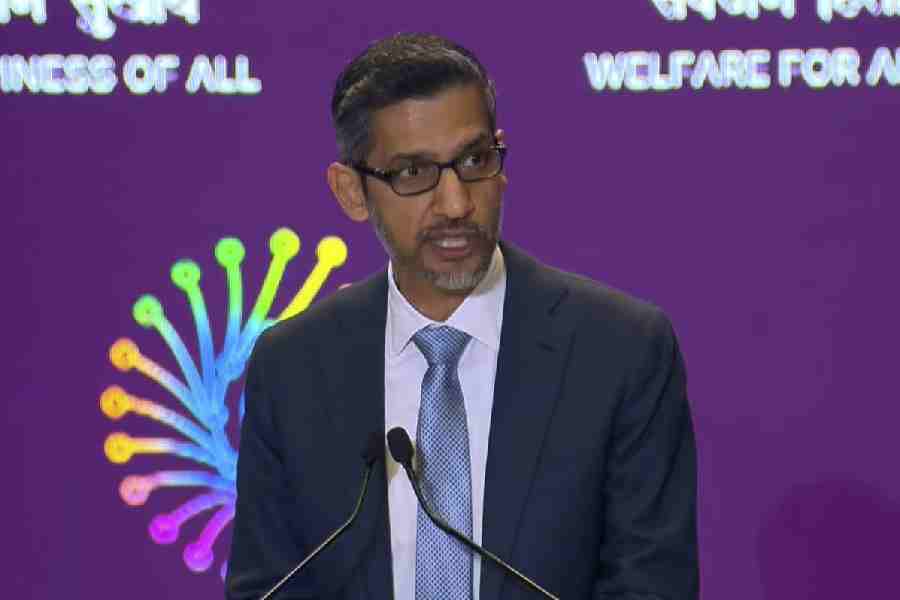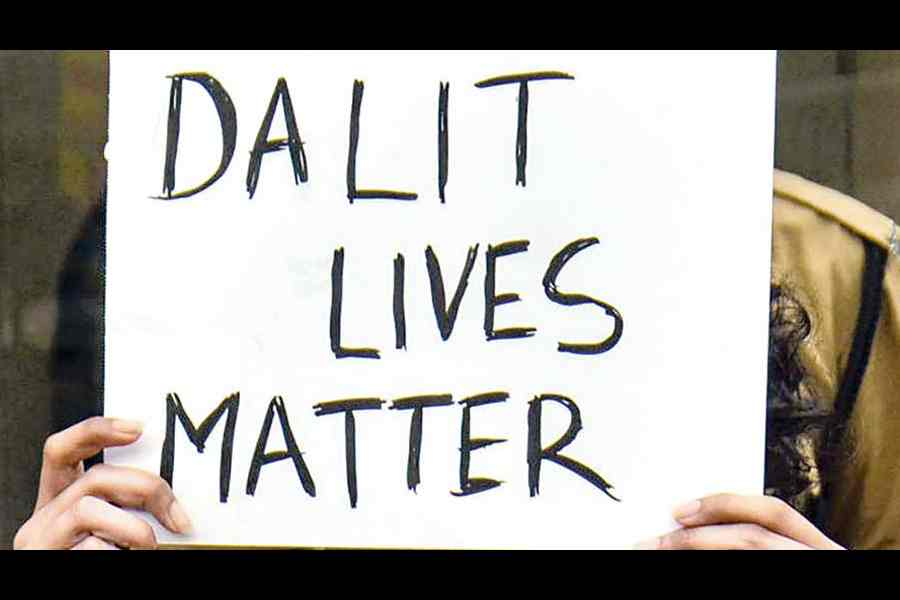|
|
| Friendship on the wane? |
Hats off to the Americans! Those guys in Washington know how to exercise power, just as our Congress politicians of the Indira Gandhi brand used to know once.
When President Barack Obama’s dreaded internal revenue service chose Republic Day this year to make an example of Vaibhav Dahake, an Indian American, by sending his savings to banks back home, and accusing him in a New Jersey court of conspiracy of trying to “defraud” the United States of America by the use of undeclared accounts in India, some of those who are good at reading political tea leaves suspected that this was a signal.
A few days ago, the signal turned into a threat. The threat is serious enough and has the potential to rock India-US relations on a scale Richard Nixon and Henry Kissinger did when they sent the US Seventh Fleet into the Bay of Bengal during the creation of Bangladesh.
Four decades ago, a crude display of military might was the weapon to try and bring India in line. Today, when sophisticated financial instruments have as much manipulative power as naval fleets and air force squadrons, Washington is using the economy to make New Delhi toe its line.
The threat by the Obama administration demands that HSBC Bank should provide the IRS authorities with a list of Americans of Indian origin, who have savings of more than $10,000 in their branches in India under various schemes for attracting foreign currency and non-resident external rupee deposits which have been in operation for more than three decades now without any hitch.
Although HSBC is the largest European bank in terms of assets — because it is the bank of choice for the enormously wealthy Hong Kong tycoons and draws on mainland Chinese business from there — it has chosen to crawl when asked to bend, to borrow L.K. Advani’s famous description of sections of the Indian media during the Emergency. The bank has hastily closed its offices in New York and in Fremont, California, the two branches which exclusively deal with clients of Indian origin and through which Dahake dealt with HSBC to service his accounts in India.
As soon as Dahake pleaded guilty on Monday to conspiring with five HSBC bankers to hide his Indian accounts from US tax authorities, an HSBC spokeswoman, Juanita Gutierrez, told reporters in an email: “HSBC does not condone tax evasion and is cooperating with law enforcement in this matter.”
A California judge has now given permission to the IRS to serve a summons on HSBC for a list of Americans of Indian origin who have accounts in India which are perfectly legal under the Indian law but have a shade of opaqueness under the US tax laws. There is no doubt about what this will lead to.
Switzerland’s biggest bank, UBS, last year gave Americans a list of its top 4,450 American clients, lifting the historically prized veil on Switzerland’s banking secrecy laws. HSBC is unlikely to act any differently to protect the secrecy of its Indian American clients and thus risk its ability to do business in the US.
But HSBC is only the tip of the iceberg. It is actually a warning. Next in line will be the State Bank of India, the Bank of India and the Bank of Baroda, all of which have offices in New York that deal primarily with the inflow of remittances from Indian Americans.
Wealthy clients of UBS left the bank in thousands as the threat of legal action by the IRS loomed until the Swiss parliament agreed to a treaty to give the Americans details of clients whom the US government insists were tax dodgers.
India is not Switzerland, at least not yet, and is by no means a tax haven for wealthy Americans seeking to dodge US taxes. So, by choosing to make an example of Dahake and in threatening HSBC, the Americans are sending a political message that has shades of Mario Puzo’s “Godfather” tactics.
It is an open secret in both Washington and New Delhi that India-US relations are lately not going too well, notwithstanding protestations of deep and abiding friendship on both sides and a continuing flurry of bilateral engagements. Unguided by political directives and on their own, Indian officials in New Delhi have willingly genuflected before diplomats from the US embassy in Chanakyapuri as the WikiLeaks cables now reveal.
While the obeisance of Indian civil servants may have made US diplomats in New Delhi feel good, that is really not what Washington seeks. The Americans need a bigger slice of the expanding Indian economic pie in terms of import orders, market access and, most of all, defence purchases by India’s army, navy and air force. They also need orders from India for nuclear plants on their terms and they need them quickly: a big order from India which will offset the damage to the nuclear industry worldwide as a result of Japan’s post-tsunami travails at a time when America’s nuclear manufacturers were just about recovering from a long winter of campaigns against nuclear power not only in the US but also abroad.
But such orders have not been forthcoming: they are, as defence and nuclear imports show, clearly going in favour of Russia, France and Israel. That is not what the Clinton, Bush and Obama administrations invested their political capital in India for. The Dahake case and the notice to HSBC represent a Shylockian demand to India to pay its dues to Washington for what the Americans see as the extraordinary lengths they went to in order to end India’s long nuclear winter and for having supported New Delhi on a score of other issues under the terms of their bonhomie that turned a page, starting with the Jaswant Singh-Strobe Talbot talks on India-US strategic cooperation 12 years ago.
The Americans know that turning the screws on non-resident Indian accounts in Indian banks is a pressure tactic that the Manmohan Singh government will not be able to stand up to. India now ranks at the top of countries which have impressive foreign exchange reserves, but those reserves will significantly evaporate if American actions to curb alleged tax dodging by their citizens of Indian origin were to force Indian Americans to pull out their deposits from such accounts which constitute the bulk of India’s foreign currency holdings. The same applies to NRI stock holdings in Indian companies. In other words, the Obama administration has the wherewithal to turn India’s impressive foreign exchange reserves into hot money that can evaporate and push India back to the 1990s, when it virtually begged for foreign currency.
But it need not come to that. Indeed, it will not, given the nature and composition of the Indian power structure. The Americans have known for some time now that Indian Americans have considerable influence on their system. But the way NRIs in America were mobilized — first by the National Democratic Alliance government to thwart sanctions against the 1998 nuclear tests and then by the United Progressive Alliance government in support of the nuclear deal — has convinced Washington that NRI power is a double-edged sword: that it is a force which can be used to influence New Delhi as well.
Powerful Indian politicians and senior civil servants have their children, siblings and a variety of other friends and relatives in the US who have NRI accounts in Indian banks which are now under the scanner of Obama’s IRS.
Those who hold the levers of power in New Delhi and state capitals are not going to stand by and let the threat of prosecution — as in Dahake’s case — hang over the heads of their family members or cause them to lose sleep. That is how the Americans will secure orders for at least a significant share of the 126 medium multi-role combat aircraft, the biggest military aviation deal in history. That is how the Americans will secure other import orders and significant concessions from New Delhi.
If these orders and concessions are forthcoming, the threat to India’s foreign exchange reserves through withdrawal of hot money through the prosecution of NRIs in US courts will evaporate. In any case, the Americans will have proved that they can decisively influence the making or unmaking of India despite the illusion in New Delhi and Mumbai that India is a rising global power.











